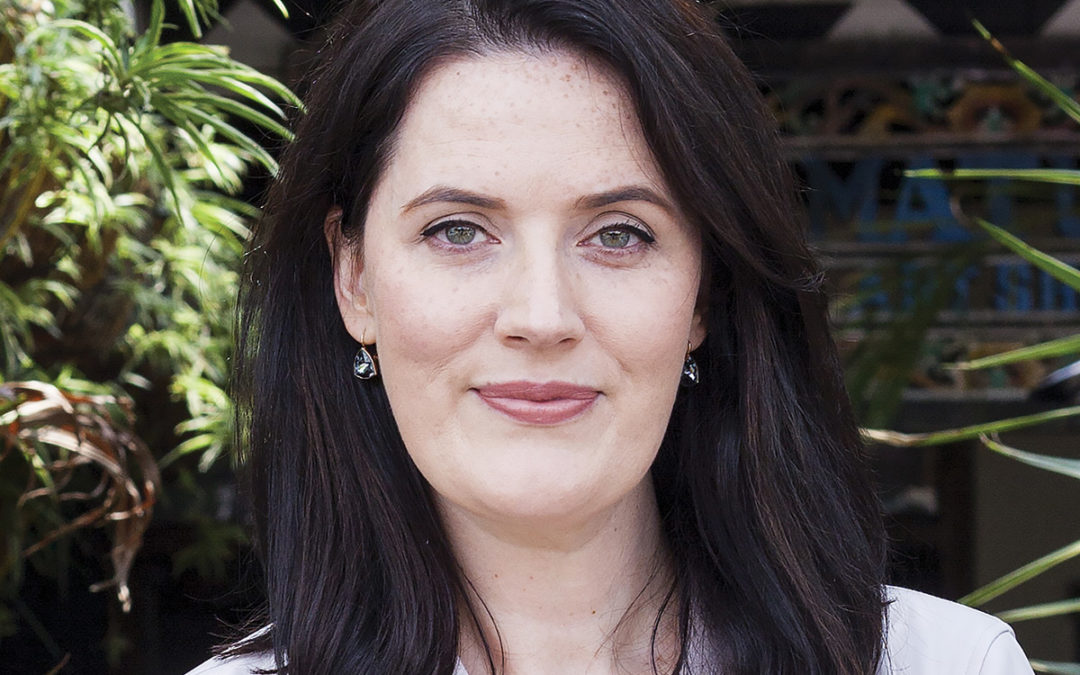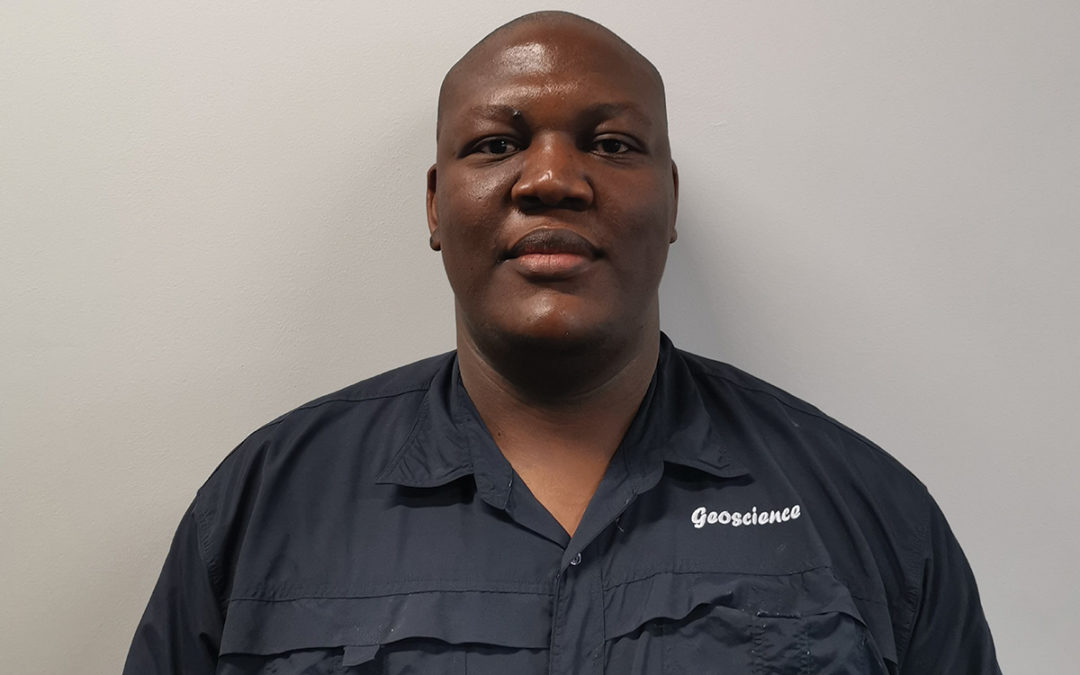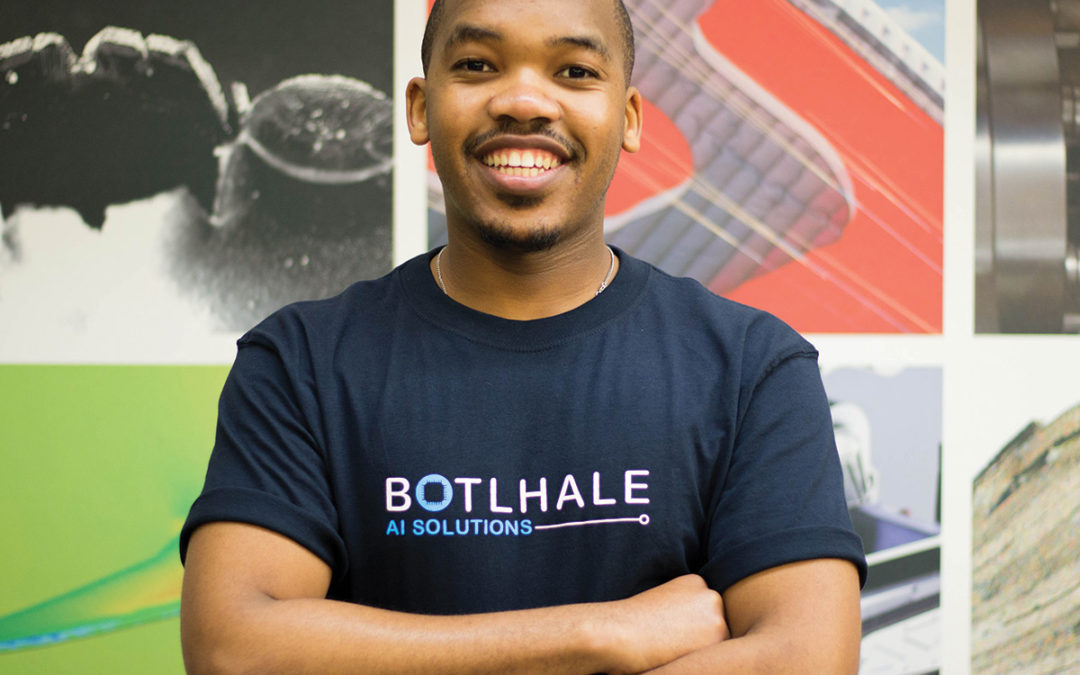Considering her success as a palaeo-anthropologist researcher, Stephanie Baker says, “Sometimes you don’t know what your passion is until you’ve been pushed into it. Give everything a chance, and give it your all — you never know when your future is starting.”
As principal investigator at the Drimolen Hominin Site, 40km north of Johannesburg, Baker was part of the team that discovered the country’s first Homo Erectus fossil fragments, the oldest ones in the world. There’s a hope that this event can kickstart an exciting future for the South African palaeo community.
“It was a momentous announcement that has long-reaching effects for the significance of South Africa,” says Baker. “I know that this announcement will increase participation for our annual field schools at the site, which means I will be able to offer more scholarships for local students to attend, all costs covered.”
Until April’s announcement, it had previously been believed that Homo Erectus — our direct human ancestors — first appeared in East Africa, before migrating north and into the rest of the globe. The find at Drimolen further cements South Africa’s importance in the palaeo-anthropological world.
Baker’s reaction is as joyful as one might expect: “That’s a once in a lifetime chance, to be the first person to look at this two-million-year-old baby skull, with the added bonus of being part of the team that gets to share it with the world.”


































